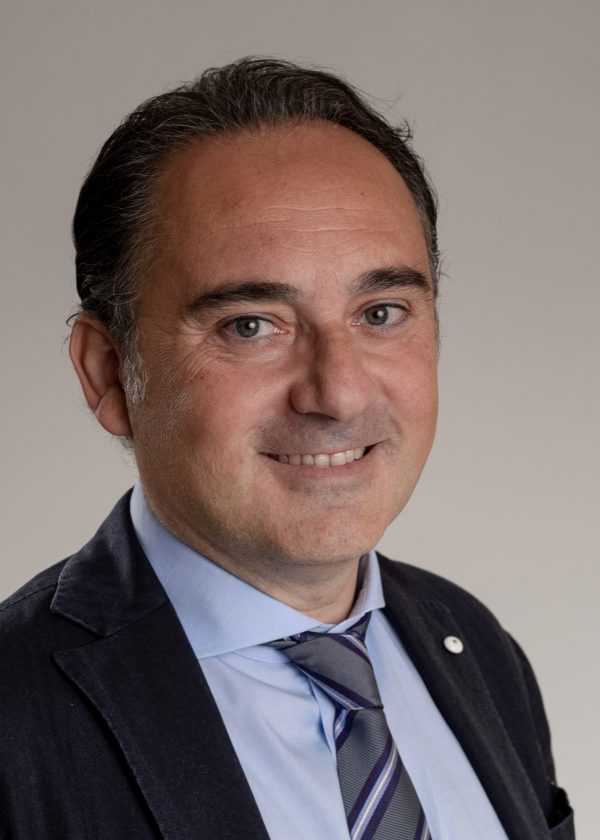Among the different causes of cardiovascular diseases (CVD), heart failure remains one of the leading causes of death worldwide despite medical advances, and it is still responsible for debilitating more than 23 million people. The current medical approach uses small chemical compounds that interact with the body’s own cardiovascular regulating systems. These compounds often have undesired side effects that limit their potential beneficial use and have off-target and toxic effects.

A new approach to heart failure treatment
Prof. Cataliotti’s group has performed research on a different approach, aiming at potentiating the body’s cardiovascular systems to elicit self-healing and reparative processes to prevent the onset or regress of overt heart diseases. His group investigates the effects of supplementation of hormones like those that are naturally produced by the heart to achieve these goals.
The main advantage of this strategy is that molecules equal to those produced in the body do not have off-target and toxic effects. His group also investigates novel delivery methodologies that can elicit the use of these cardiac produced molecules to treat sick hearts.
Early results
The Cataliotti group have recently proven that chronic administration of a naturally occurring cardiac hormone (known as proANP31-67) is effective against organ damage in different rodent preclinical models of cardiac diseases. More specifically, their studies have shown the beneficial effects of this cardiac molecule on the function and structure of critical organs, such as the heart, the vasculature, and the kidney. These beneficial effects open up new therapeutic possibilities for heart disease, where other drugs fail.
Collaborations are key to further progress
A limitation on using these hormones as a therapeutic option for the treatment of heart disease relies on the short biological life these molecules have in the body, where they are rapidly inactivated and removed from the circulation. Currently, Prof. Cataliotti is partnering with another research group at IEMR (Prof. Mathis Stokke) to take the investigation of these potential novel drugs to large animal models of CVDs.

In this new set of studies, Prof. Cataliotti and his collaborators, together with international investigators, will explore novel delivery technologies that can elicit the administration of the heart hormones via inhalation or gene transfer directly to the heart. These novel delivery systems are also designed to extend the biological life of these molecules and make supplementation of these hormones effective and durable by overcoming the caveat of their rapid removal from the body.
A new candidate
Ph.D. candidate in the Cataliotti’s group Henriette Andresen, has partnered with researcher Lise Román Moltzau and Prof. Finn Olav Levy (Department of Pharmacology at UiO) in a UiO:Life Science’s innovation programme SPARK Norway for the development of a novel therapy for currently difficult to treat high blood pressure patients. By using computer, laboratory studies, and organ system approaches, this project led to the successful discovery of a novel molecular compound known as a positive allosteric modulator, which means that this molecule helps an existing protein/hormone system to work better.

The molecule that was discovered, reinforces the binding of two important natriuretic peptides, cardiac hormones, called ANP and BNP. Importantly, its activation leads to vasodilation and has an overall cardiorenal protective effect that could improve the efficacy of currently available therapies for high blood pressure. This molecule is among the first agents capable of enhancing the activity of a hormonal heart system that is deeply involved in maintaining healthy regulation of the heart and other organs.
Read more about the Cataliotti group and the endocrine function of the heart
